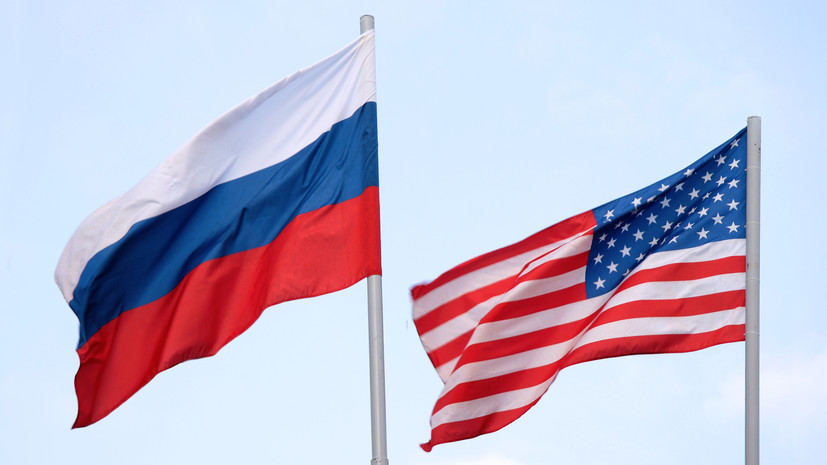Russia supports the US intention to start a dialogue on the topic of Europe's indivisible security.
This is stated in the comments of the Russian Embassy in Washington on the results of the speech of the US Deputy Secretary of State Wendy Sherman in the OSCE.
On February 8, a senior US foreign policy official, speaking at the inaugural high-level informal meeting of the Reopened OSCE European Security Dialogue, said that the United States agrees that the principle of indivisible security is an important topic.
At the same time, the American side believes that it is Moscow that allegedly commits actions that are not consistent with its OSCE commitments, "violate international law" and "endanger the precious vision of a Europe that is free, united and at peace."
“We welcome the fact that our American colleagues have finally “ripened” to discuss the principle of indivisible security, which is central to maintaining peace and stability in the European region,” the message says.
At the same time, Russian diplomats stressed that the United States continues to interpret the concept of indivisible security one-sidedly.
“The focus is on the right of countries to freely choose military alliances.
At the same time, they ignore the obligation that accompanies it not to strengthen their security at the expense of the security of other states.
They hypocritically talk about NATO's right to further expansion, denying the fact that the approach of the alliance's military infrastructure to the Russian borders poses an existential threat to us," the diplomatic mission explained.
In this regard, representatives of the US State Department were advised to familiarize themselves with the message of Russian Foreign Minister Sergei Lavrov, which he sent, which explains "the inextricable link between these rights and obligations, recorded in the Istanbul and Astana Declarations of the OSCE."
In his statement to the media on January 27, the Foreign Minister noted that the West "carefully sidesteps" the provisions enshrined in these declarations, but calls for the implementation of the principles regarding NATO's right to enlargement.
According to him, Western countries “consider the commitments made within the OSCE, solely as a “menu”, choosing only what is “tasty” for them.
Later, the Foreign Ministry website published the text of a message sent to the heads of the foreign affairs departments of the United States, Canada and a number of European countries.
Among other things, it says that the principle of indivisible security is interpreted selectively by the West "to justify the course taken towards the irresponsible expansion of NATO."
Lavrov also stressed that Moscow wants a "clear answer" about how the partners interpret the obligation not to strengthen their own security at the expense of the security of other states, as well as how they intend to fulfill it.
“We expect a prompt response.
It should not take much time, because it is about clarifying the understanding on the basis of which your President (Prime Minister) signed the corresponding obligations.
We also proceed from the fact that the reaction to this message will come in a national capacity, since the mentioned obligations were accepted by each of our states individually, and not on behalf of or as part of any bloc, ”the document said.
In addition, Sergei Lavrov, in a telephone conversation, told US Secretary of State Anthony Blinken that Moscow would not allow the issue of the indivisibility of security to be “rolled up”: “We will insist on an honest conversation and an explanation why the West does not want to fulfill its obligations at all or exclusively selectively and in its favor.” .
On February 7, Russian President Vladimir Putin, at a joint press conference with his French counterpart Emmanuel Macron, again explained why Russia opposes NATO expansion at the expense of Eastern European countries.
“We are not moving towards NATO, but NATO is moving towards us.
Therefore, to say that Russia is behaving aggressively, at least, does not correspond to sound logic, ”he said.
On February 9, Russia's Permanent Representative to the European Union Vladimir Chizhov, in an interview with RIA Novosti, said that over the years the situation with European security has worsened.
According to him, at the moment there is a question "about quite tangible, specific threats to our national security."
“The situation with Ukraine confirms the crisis of the European security system, which did not arise yesterday or in 2014.
Unfortunately, it deeply permeates modern history,” he said.
According to him, Moscow is ready to "give diplomacy a chance."
“In January, the first round of negotiations on them took place, at the end of last month, the United States and NATO gave us their answers.
Now in Moscow, an interdepartmental study of our positions is underway, which will be fixed by the decision of the president, ”the diplomat explained.

